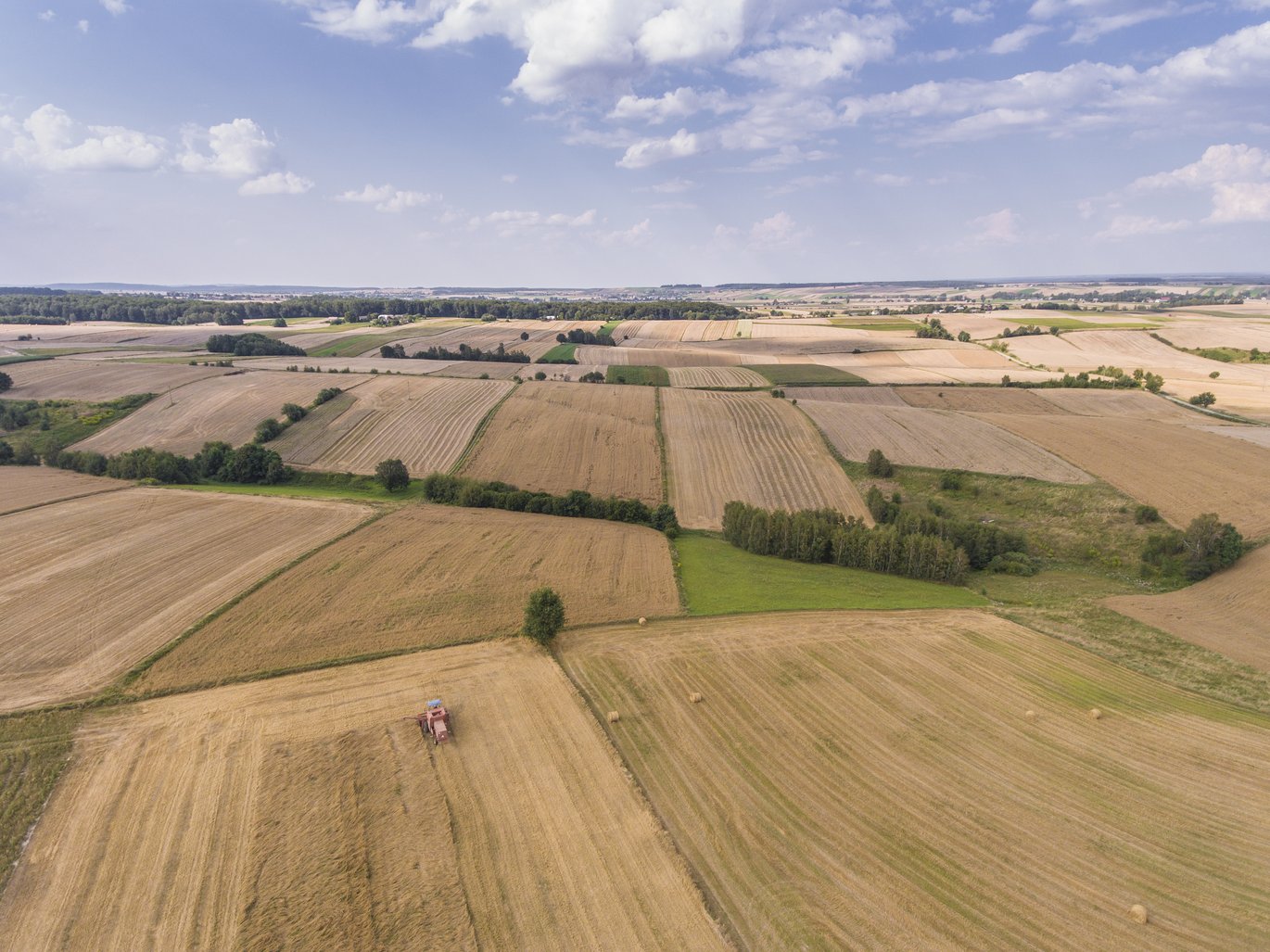Alternatives to glyphosate in European agriculture
Glyphosate, a much debated herbicide, was approved for a new 10-year period at the end of last year, but the discussion continues, and several countries want to reduce its use. In a scientific publication, researchers who participated in a workshop organized by the European Weed Research Society (EWRS) offer their suggestions for alternatives to glyphosate and highlight the need for a more sustainable approach to weed control in European agriculture.

Glyphosate is the most used pesticide globally. It has long been a controversial topic within European agriculture. In November 2023, the European Commission extended the approval of glyphosate for another 10 years, while simultaneously, the EU's Farm to Fork strategy emphasizes the need for a 50% reduction in pesticide use by 2030. Therefore, researchers from across Europe have discussed various alternatives to glyphosate and their potential advantages and disadvantages.
This took place at a workshop organized by the European Weed Research Society (EWRS) in November 2022. Here, European weed researchers gathered to discuss critical uses of glyphosate in current European cropping systems and to explore the availability of alternatives to glyphosate. Participants identified four critical uses of glyphosate in European agriculture: controlling perennial weeds, weed management in conservation agriculture (CA), weed management in fruit and berry crops and vineyards, and prevention and management of herbicide resistance.
Alternatives to glyphosate
Although glyphosate has been a cornerstone of European agriculture for decades, we now face a different reality: the need to reduce dependence on this herbicide. Alternatives to glyphosate exist, but they have their own challenges. Mechanical weed control, in the form of soil tillage, is an obvious alternative method, but it can be harmful to soil health and biodiversity. Other methods, such as precision harrowing and electric weed control, are more targeted and environmentally friendly, but these technologies are still under development.
Here is an overview of some of the alternatives suggested by the researchers:
-
Physical control:
-
Soil tillage, which loosens the surface soil and incorporates crop residues.
-
Disadvantages include the risk of soil erosion and negative effects on soil health and structure.
-
Preventive methods:
-
Diversifying crops in a crop rotation can increase biodiversity and offer various benefits.
-
The downside can be lower profitability for certain crops and the need for more knowledge.
-
Chemical control:
-
Selective herbicides can offer targeted weed control.
-
The disadvantage is that some selective herbicides have worse environmental and/or health effects than glyphosate.
The scientific report describes several alternatives, each with its advantages and disadvantages, which may be more or less suitable depending on the context in which they are used, including soil type, climate, and crop choice.
It will not be easy
Overall, according to the researchers, there is a need for a stronger effort for integrated weed management. This combines several methods, such as mechanical control, biological control, and the use of cover crops. This will help to reduce weed populations and limit the need for glyphosate and other herbicides.
According to the researchers, it is important to realize that reducing glyphosate use is not an easy task. Glyphosate has been an effective weed control method for decades, and its role in European agriculture cannot be ignored. With the EU's increased focus on sustainability and environmental protection, it is crucial to explore and implement alternative methods that can maintain productivity while minimizing the negative environmental and health impacts of pesticide use.
In other words, European agriculture faces a challenging but necessary transition period. By collaborating and investing in research and innovation, it will be possible to move towards more sustainable and environmentally friendly farming methods that ensure food supply and at the same time better protect the environment.
| ITEM | CONTENT AND PURPOSE |
|---|---|
| External collaborators | Department of Agroecology at Aarhus University, University of Copenhagen, Newe Ya’ar Research Center, Julius Kühn-Institute in Braunschweig, University of Lleida, Liederbach am Taunus, Bayer Agriculture BV, Ondokuz Mayis University, Research Institutes of Sweden (RISE), Natural Resources Institute Finland (LUKE), Czech University of Life Sciences Prague, University of Rostock, Georg-August-University Göttingen, University of Cordoba, Agricultural University of Athens, and University of Torino. |
| External funding | This perspective paper is the result of a two-day workshop held by the Czech University of Life Sciences and organized by the European Weed Research Society (EWRS). Participants in the workshop and co-authors had their travel and accommodation costs covered by EWRS. |
| Conflict of interest | The publication states the following: X. Belvaux is employed by Bayer Crop Science, a manufacturer of plant protection products, including glyphosate. Some of the other co-authors currently receive research support from manufacturers of plant protection products. These authors declare no conflicts of interest and have provided independent scientific opinions and insights during the EWRS workshop and subsequent manuscript preparation. |
| Link to the scientific article | The publication "Current and future glyphosate use in European agriculture" is published in the journal Weed Research – International Journal of Weed Biology, Ecology and Vegetation Management. It is written by: Paul Neve, Maor Matzrafi, Lena Ulber, Bárbara Baraibar, Roland Beffa, Xavier Belvaux, Joel Torra Farré, Hüsrev Mennan, Björn Ringselle, Jukka Salonen, Josef Soukup, Sabine Andert, Rebecka Duecker, Emilio Gonzalez, Katerina Hamouzová, Isabella Karpinski, Ilias S. Travlos, Francesco Vidotto, and Per Kudsk. |
| Contact information | Professor Per Kudsk, Institute of Agroecology, Aarhus University. Tel.: +45 22283382 or email: per.kudsk@agro.au.dk |
